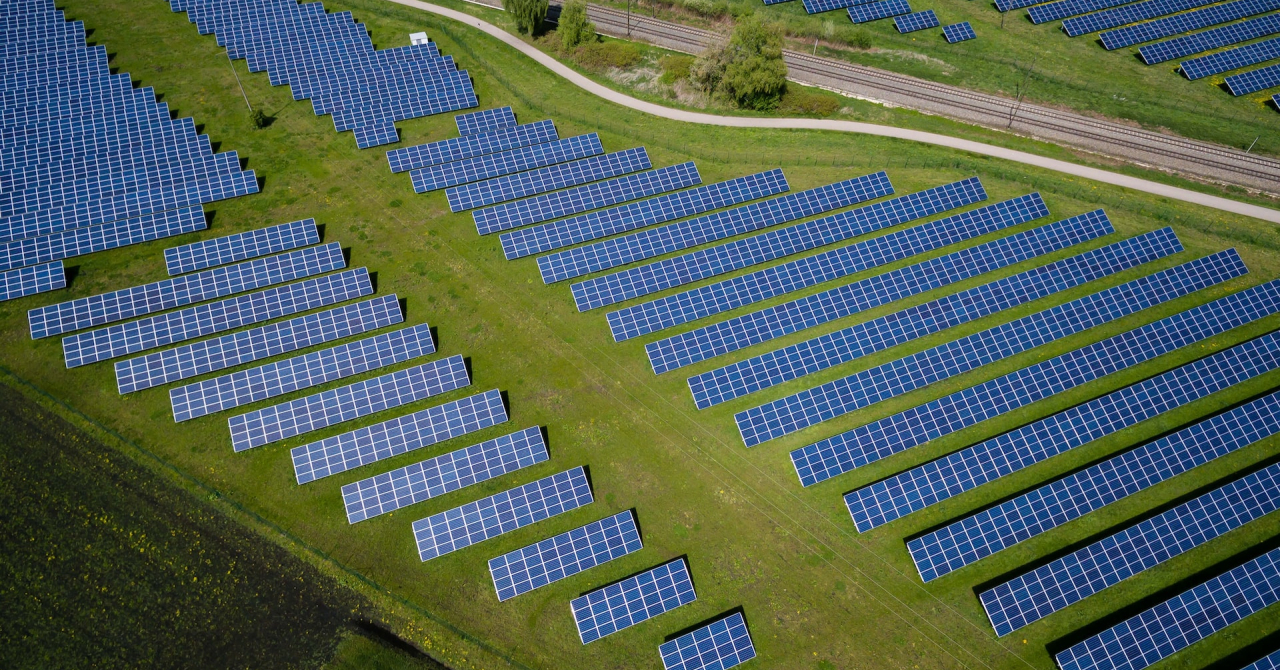Euronews.green reports that there are some experts who spread caution in this industry, as it would imply using large amounts of renewable power that could otherwise be used for things like powering homes.
Most hydrogen today is obtained from fossil sources, so it's either gray or blue hydrogen, whereas the "green" variety comes from renewable power.
“Renewable energy, including renewable hydrogen, is a central pillar of the REPowerEU Plan, which is the EU’s strategy to get rid of Russian fossil fuels as soon as possible,” says EU Commissioner for Energy Kadri Simson.
Besides the fact that it will contribute to EU's energy independence, green hydrogen is also important in the region's plan to become net zero, which implied that by the next decade, countries in the bloc should reduce their emissions by 55% compared to 1990 levels.
To achieve this, experts estimated that Europe needs to produce 10 million tons of green hydrogen by 2030 and import another 10 million.
France, Germany, Portugal and Spain agreed to build a special pipeline that will transport around two million tons of hydrogen per year to the French.
Green hydrogen, which is produced by running renewable electricity through water, separating the oxygen molecules from hydrogen, only accounts for less than 0.1% of global hydrogen production, IEA experts say.
As Spain sees around 2.500 hours on sunlight per year, the country's solar potential could become critical in the production of green hydrogen.
IEA experts estimated that Spain would account for half of Europe's green hydrogen production in the future.
Thierry Lepercq, the founder and president of HyDeal Ambition, said that "If you look at where hydrogen is going to be produced in Europe in the next million years, it's in two countries, Spain and Portugal."
"Hydrogen is the new oil", he added.
Hydrogen can also be used in industries where electricity is not as efficient, such as heat-intensive processes, like car manufacturing and steelmaking, as well as heating.
However, not everyone agrees on Europe's push towards green hydrogen, as some industry members believe that the current supply of renewable power won't be enough to support that industry, as well as maintain a constant flow of green energy to households.
Antonella Battaglini, CEO of the Renewables Grid Initiative, argues that "in Europe in particular, there’s been a huge push for hydrogen, which in my point of view is unjustifiable."
"There could be a very high cost. In economic terms, but also in environmental terms. You may end up with higher emissions than you have today", she added.
 Mihai - Cristian Ioniță
Mihai - Cristian Ioniță












Any thoughts?